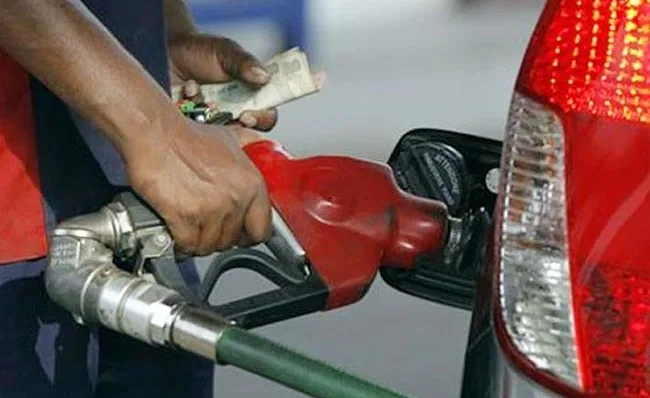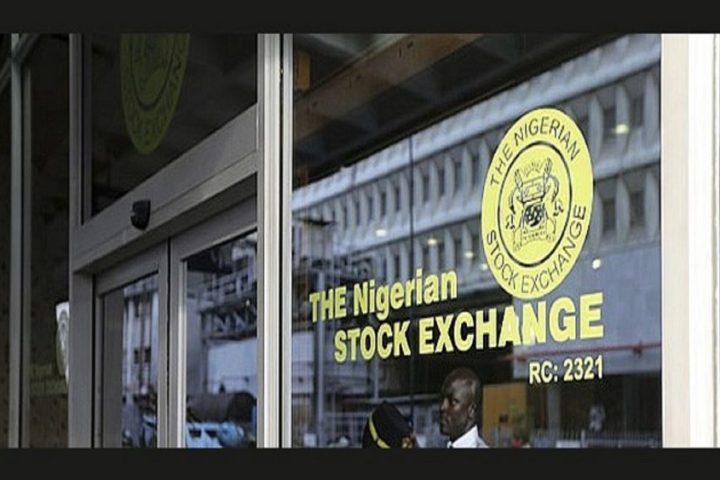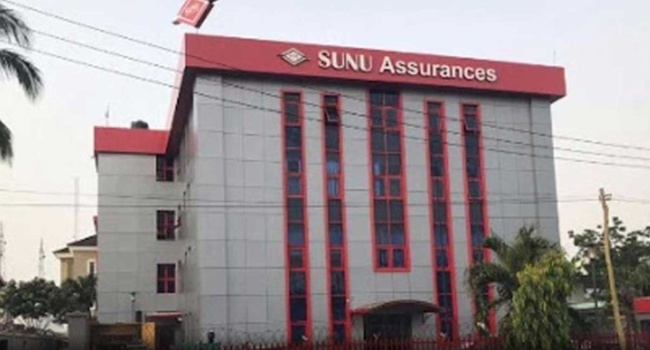Nigeria’s Choice Between Imports and Local Refining
With Nigeria’s fuel sector in a heated debate, two major trade groups are raising concerns about potential monopolistic practices by Dangote Refinery, the country’s largest private refinery. The Independent Petroleum Marketers Association of Nigeria (IPMAN) and the Petroleum Products Retail Outlets Association of Nigeria (PETROAN) claim that Dangote’s locally refined fuel is priced higher than imported alternatives, and they argue that they should be permitted to import cheaper options. But Dangote counters this by claiming that imports come with quality risks. This complex scenario leaves Nigerians asking: should the nation prioritize cheaper imports, or focus on developing local refining capacity?
The Case for Imports
Representatives from IPMAN and PETROAN highlight that imported petrol, despite the controversies around quality, could bring down costs for Nigerians. IPMAN Spokesperson, Mr. Musa Sule expressed, “Our goal is to provide affordable fuel to the average Nigerian. If imported fuel achieves that, then we must consider this option.” This sentiment resonates with many, especially as inflation hits hard across the nation.
Join our WhatsApp ChannelAmaka Udo, a representative from PETROAN, elaborates: “The common man on the street can’t afford Dangote’s prices, so why shouldn’t we allow imports that relieve some of this financial burden?” IPMAN and PETROAN believe that their stance is practical and rooted in the immediate realities faced by the Nigerian populace.
Dangote’s Defense: Supporting Local Refining
Dangote Refinery, however, views the situation differently, defending its pricing as competitive within international standards. “We benchmark our prices internationally, and our focus is on delivering quality,” a Dangote spokesperson emphasized in a recent statement. The refinery argues that cheaper imports often lack quality, potentially harming vehicles and posing health risks to Nigerians. “If any product claims to be cheaper, then it’s likely of substandard quality,” the spokesperson added, stressing the importance of safety.
The refinery’s argument aligns with policies aimed at reducing Nigeria’s dependence on imports, which is seen as a long-term strategy to boost the economy, create jobs, and strengthen the naira. According to the Petroleum Industry Act, fuel importation is discouraged when local production is available, pushing Dangote’s stance that domestic refining should take priority.
Expert Perspectives: Long-Term Economic Impact
Dr. Tunde Bakare, an economist with a specialization in petroleum markets, weighs in on the ongoing debate. He explains, “Nigeria has been heavily dependent on imports for decades, and this affects the stability of our foreign exchange.” He further notes that reducing imports could help strengthen the naira in the long term. “The refinery’s success would symbolize Nigeria’s commitment to building its industrial backbone. Yes, the prices might be high now, but as production scales, prices should adjust accordingly.”
On the other hand, Professor Aisha Bello, an expert in sustainable economic development, cautions against ignoring immediate needs. “People are struggling. While the long-term vision is crucial, the government must also consider affordable solutions now.” Prof. Bello highlights the need for a middle-ground approach, suggesting that a gradual reduction of imports could allow for a smoother transition without severely impacting Nigerians.
READ ALSO: IPMAN Promises Affordable Fuel After Reaching Agreement With Dangote On Direct Supply
Challenges in Choosing Local Refining Over Imports
The Dangote Refinery, which cost nearly $15 billion, holds great promise, but challenges remain. For one, Nigeria’s state-owned refineries have struggled to maintain consistent production due to maintenance issues.
Mr. Sule from IPMAN argues that while Dangote is an asset, a single refinery alone cannot cater to Nigeria’s vast fuel demand. “One player cannot address the demand of an entire nation. Even with Dangote, local production is limited,” he stated.
Interviewing Stakeholders: Citizens Share Their Perspectives
In Lagos, we spoke to Emeka Obi, an Uber driver who relies heavily on fuel. He shared, “I don’t care where the fuel comes from; I just need to be able to afford it.” Emeka’s view underscores the general frustration of Nigerians trying to navigate daily expenses amid high fuel costs. “We’re not asking for luxury—just survival,” he adds.
Similarly, a motel owner, Daniel Ebuka expresses his concerns: “If imported fuel is cheaper, let them import it. We’re tired of these high prices.” For Mariam, the priority is affordability, even if it means the quality may vary. “We can’t keep paying more just to say it’s local.”
Pros and Cons of Supporting Local Refining
With so many perspectives, both options come with trade-offs. Dr. Bakare argues, “Supporting Dangote and other domestic players means investing in our economy, creating jobs, and reducing reliance on foreign exchange.” He adds that with continued local production, the Nigerian economy could benefit significantly from reduced inflation rates in the long run.
However, Prof. Bello warns of the risks associated with placing all the country’s fuel needs in one basket. “Monopolistic tendencies are hard to control, especially in a critical sector like fuel.” Prof. Bello suggests that government intervention, transparency in pricing, and quality standards would be essential if the import restrictions are enforced.
Government’s Role: Striking a Balance
As the Nigerian government deliberates on these issues, many believe it should consider flexible policies. For example, Prof. Bello suggests, “A phased reduction of imports could help ensure stable fuel prices and a smoother transition to local production.”
Another factor to consider is the price of Dangote’s refined fuel. While Dangote insists on international benchmarks, Nigerians are looking to the government to intervene. “This is where regulatory bodies must act,” says Dr. Bakare. “We need transparent pricing mechanisms that ensure both affordability for consumers and viability for producers.”
The government’s stance will signal to other potential investors how Nigeria treats domestic investment. “If we don’t support local investors now, we risk deterring future investments,” says Dr. Bakare, emphasising the broader implications for the Nigerian economy.
Navigating a Critical Crossroad
At this juncture, Nigeria’s choice between fuel importation and supporting local refining has far-reaching implications. While immediate relief may be found in imports, long-term benefits of local refining cannot be ignored. Dr. Bakare puts it aptly, “This isn’t just about fuel; it’s about Nigeria’s economic future.” The government, citizens, and industry players now face a pivotal moment—one that will determine the direction of Nigeria’s fuel market and, ultimately, the resilience of its economy.
Emmanuel Ochayi is a journalist. He is a graduate of the University of Lagos, School of first choice and the nations pride. Emmanuel is keen on exploring writing angles in different areas, including Business, climate change, politics, Education, and others.
- Emmanuel Ochayihttps://www.primebusiness.africa/author/ochayi/
- Emmanuel Ochayihttps://www.primebusiness.africa/author/ochayi/
- Emmanuel Ochayihttps://www.primebusiness.africa/author/ochayi/
- Emmanuel Ochayihttps://www.primebusiness.africa/author/ochayi/


















Follow Us